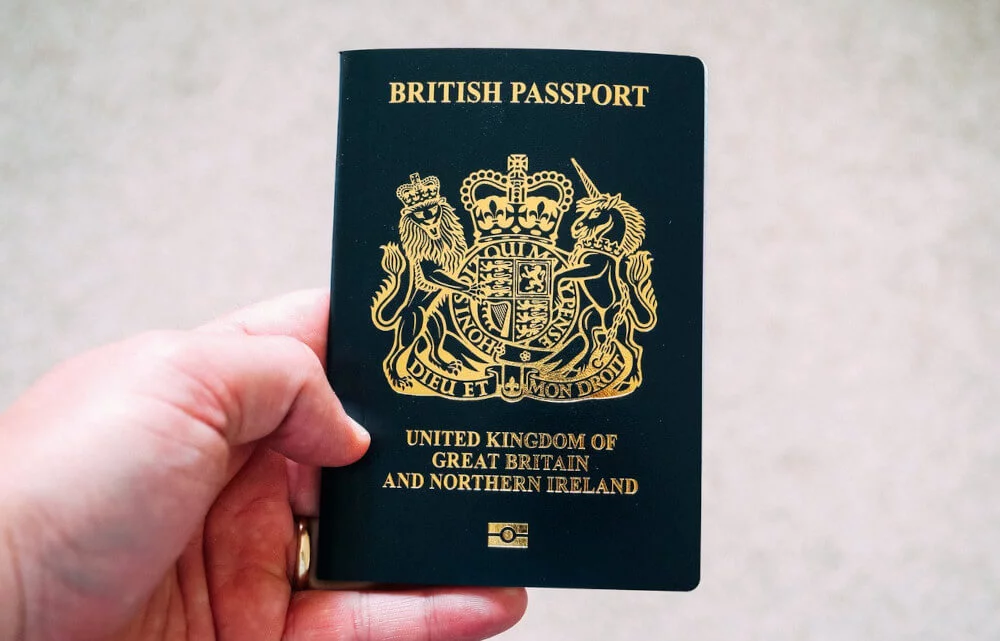No longer will applicants for work authorization visas in the South African film industry be required to apply in person; rather, they will be able to send an agent or proxy to apply on their behalf. In the past, applicants were required to submit their visa requests in person. The team at FIVA (Film Industry Visa Assistance) and their successful negotiations with the Department of Home Affairs (DHA) to overcome the challenges that our industry faced in terms of visa processing are largely responsible for this significant advancement in the film industry in terms of visas. This is a huge step forward for the film industry. The abbreviation FIVA stands for the Film Industry Visa Assistance program.
In addition, the DHA has committed to finishing the processing of visa applications within five business days, unless there is a significant reason why this cannot be accomplished. When traveling to South Africa for filming, talent who is pressed for time will be subject to both of these conditions, and they will still be required to obtain work authorization visas. Talent that only has a small window of opportunity will be among those who will be among those who will be among those who will be among those who will be among those who will be among those who will be among those who will be significantly impacted by both of these conditions. As most readers are aware, the requirement that directors, directors of photography, and photographers hailing from countries where visas are not required to work in the United States apply for work authorization visas was eliminated one year ago. This was an essential step in the right direction, as well as a heartening indication that the DHA understands the significance of our industry and is willing to work with us on a collaborative project. Additionally, it was an indication that the DHA was willing to work with us on a project. This is cause for optimism because it demonstrates that the DHA is willing to work with us on this project.
In order to participate legally in the production, other international crew members, including talent, camera operators, stylists, make-up artists, and others, will still be required to obtain work authorization visas.
No matter what role they play in the production, all guests arriving from countries that require visas will, of course, be required to comply with the same visa requirements. This most recent directive includes a comprehensive summary of the new concessions that are available to applicants for work authorization visas, which can be found as follows:
People who are interested in working in the film industry of South Africa are no longer required to submit their applications in person; rather, they can do so through a proxy or agent (various terms and conditions apply regarding letters of authority etc)
Embassies are required to process visa applications within five business days, unless there is a compelling reason why this cannot be done. If there is such a reason, the embassies are exempt from this requirement. Embassies are exempt from this requirement if there is a valid reason to justify the exemption. It is important that you are aware that the standard processing time will apply to any and all applications that are handed in at VFS Centers (Eg UK VFS Centres where turnaround time is 7-10 working days).
It is no longer necessary for applicants to submit their applications in the nation in which they have their permanent residence; rather, they are free to do so in any nation they visit, even while on vacation. Embassies were previously only required to accept customers by appointment, but now they are required to accept customers who walk in (eg Dublin, the Hague)
It is no longer the sole responsibility of the South African service provider who is “sponsoring” an applicant’s visa application to be taken into consideration when determining whether or not to grant a work authorization visa (ie a visa will not mention the sponsor company by name)
If an applicant has previously been granted a Work Authorization visa that was valid for 90 days, they will be eligible for a three-year multi-entry visa if they apply for it again. This visa will allow the applicant to enter the country an unlimited number of times over the course of the three years. During the time that this visa is valid, the applicant will have an unlimited number of opportunities to enter and leave the country as they please.
The motion picture industry came together a little more than 5 years ago to submit a petition to the Department of Homeland Security (DHA) in response to the DHA’s decision to end the visa exemption system that we had been utilizing for a considerable amount of time. The petition was submitted in response to the DHA’s decision to end the system that we had been utilizing for a considerable amount of time. Since that time, the FIVA office has negotiated a large number of changes and improvements, in addition to sending over 44,000 letters to customers located in 138 different nations. As a consequence of this, they have been able to successfully earn the trust of the DHA and have proven that they are an extremely valuable asset to the film industry.
The integration of FIVA into the preexisting infrastructure for electronic visas is the next item on the wish list for visas. If something like this were to occur, it would fundamentally alter the way that visas are handled in the film industry as we know it, both literally and figuratively.
They are an asset to the field and just one more illustration of what makes the South African film industry service industry such a formidable rival. We would like to express our appreciation to Rudi Riek, Chief Executive Officer of FIVA, as well as the incredible team that works so tirelessly for the good of our industry.
YLO Productions make this all very easy, and stress free! Reach out today for your pre production requirments.

